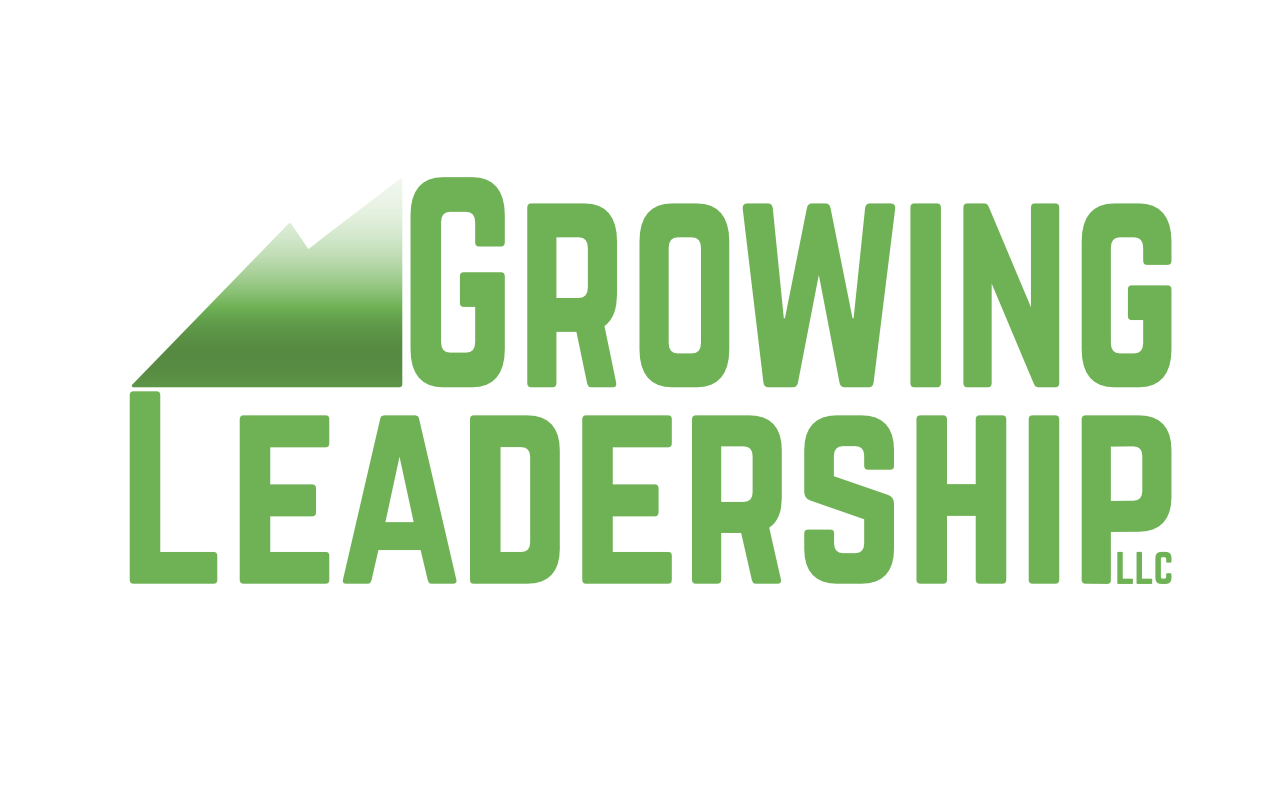How We See Others Is a Reflection of Ourselves
Can we break this negative cycle of contempt for those who disagree with us politically? If you are convinced you are “right,” how is it OK to attack those who are “wrong,” but expect those who are “wrong” to say no such things about your side? How does that win them over to your perspective?
While Facebook is great for staying socially connected, I avoid politics on social media. But I have had off-line conversations with someone I have known for a long-time who posts negative comments about Republican politicians and supporters, and has referred to them as evil, idiots, insane, dumb, bigots, dangerous, uneducated, ignorant, vile, and fake patriots. I have pushed back, arguing that, when people are told they are stupid or unworthy, it alienates them further, generating more negativity towards your side and exacerbating the problem.
If we cannot find a way to get past identity politics, I fear for the future of our great nation. Are we headed to another civil war? How do we break this vicious cycle?
This is all the more challenging when the voices of conflict entrepreneurs are so prevalent, fed by media and social media algorithms. Conflict entrepreneurs, as described by author Amanda Ripley, are “people who inflame conflict for their own ends. Sometimes they do this for profit, but more often for attention or power.”
This is tough work, but change can happen, beginning with understanding that how we see others is a reflection of ourselves. Stepping out of our silos, as author Monica Guzman observes, “can take patience, humility, and a good heap of courage.”
We each have an extraordinary opportunity to make a difference in people’s lives, including our own. Don’t underestimate your impact!
